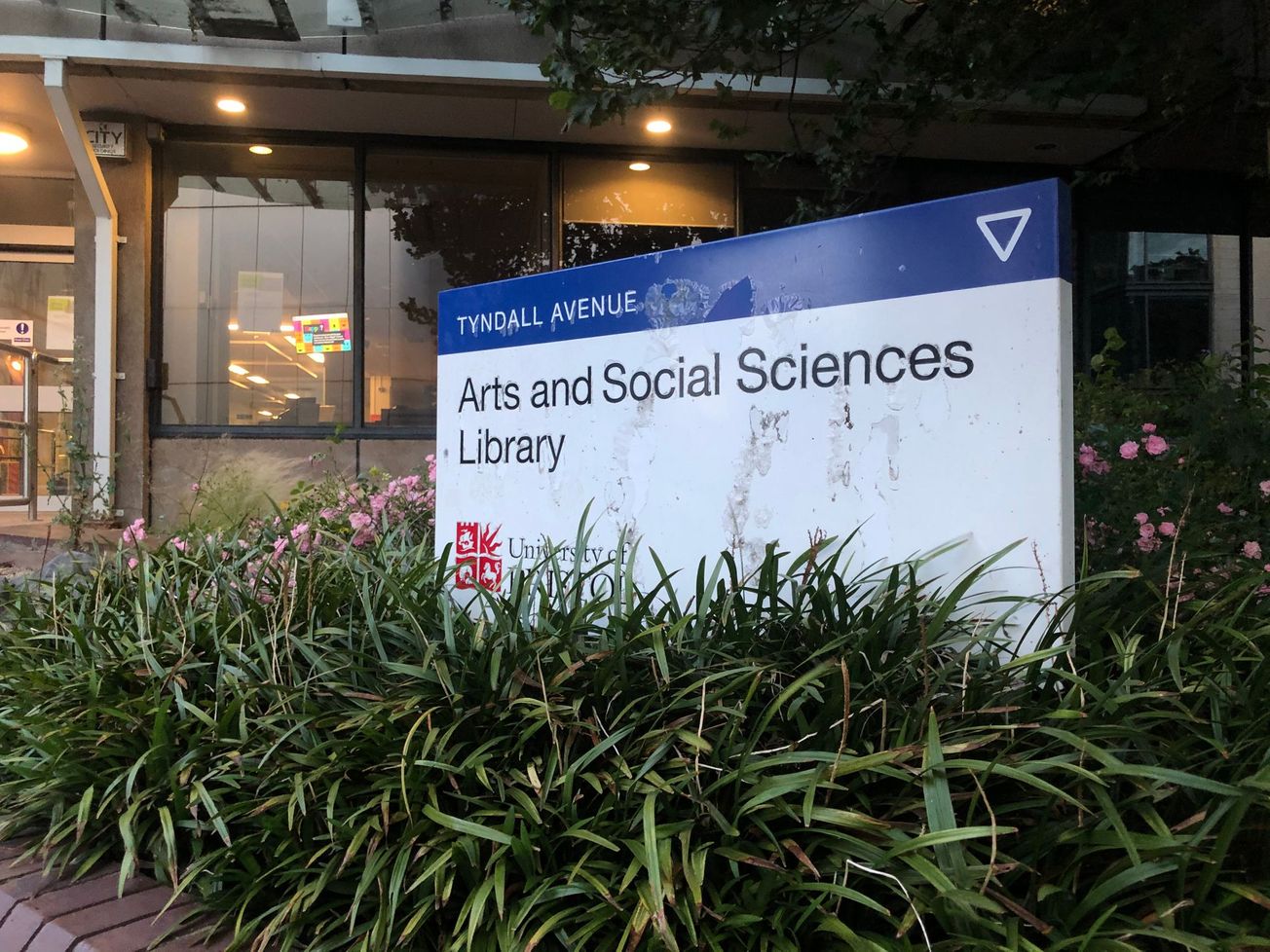By Nel Roden, Second Year English
With the assessment period upon us once again, stress levels are higher than usual here on campus. Whether you’re taking your first university exam, or submitting your dissertation, stress is bound to affect you in some way or another. Though stress is often dismissed as a fundamental part of the student experience, there are a plethora of ways to mitigate the impact of stress on your mental and physical health this exam season.
When looking at how to deal with stress, it is vital to understand that it cannot be eradicated from our lives. Stress is a natural and instinctual human response, equipping us to confront life's various challenges. It is, however, vital to know how to manage your stress levels. The aim is not to avoid stress altogether, but to acknowledge it and implement simple practices to ensure it remains manageable.
The pillars of stress management can be categorised into four groups: sleep, human interaction, nature and temporary detachment.
Sleep plays a major role in your ability to cope with stress in your waking hours. Without it, you can expect lower energy, negative mood and difficulty concentrating, making sleep a much-needed reset to prepare both the body and brain for dealing with stressful situations.
Think of sleep as the necessary reboot your laptop needs when it is being slow, or, worse still, refusing to work entirely. Halting work and pressing the restart button may seem counterproductive, but it is crucial for sustaining functionality in the long-run.
Stress can often manifest as acute anxiety and overwhelm, which is why it is also vital to communicate with those around you during stressful periods.
Mental Help suggests that: ‘Adequate amounts of social support are associated with increases in levels of a hormone called oxytocin, which functions to decrease anxiety levels and stimulate the parasympathetic nervous system calming down responses.’
Whether you’re connecting with your peers in-person or virtually, social support can provide the opportunity to verbally reflect on your own mental processes in order to both alleviate your stress and better understand its root causes.
Studies have also shown that spending between 20 and 30 minutes in a natural setting causes a significant drop in cortisol levels, relaxing both body and mind.
Although the city is not the most nature-abundant setting, Bristol has a humble offering of green spaces where you can temporarily escape the clutches of your desk. Parks such as The Downs, Cotham Park, Castle Park and College Green are perfect spots to walk around or just to sit in, providing an excellent respite from the fluorescent lighting of the library.
And finally, temporary detachment. Though ‘detachment’ may appear counterintuitive, both for your productivity and general mental well-being, it can be a beneficial in-the-moment tool to alleviate stress.
The ability to detach from daily stresses not only allows you to see stress as something caused and located externally to your physical being, making it feel far more manageable, but it can also help to mitigate burnout.
Described as a ‘psychological syndrome emerging as a prolonged response to chronic interpersonal stressors’, burnout is a risk for any student. Implementing temporary detachment through recreational activities such as meditation or reading a fictional book into your work schedule will help decrease your prolonged exposure to stressors, allowing you to return to your work with greater mental clarity.

To gain further insight into mitigating stress during the assessment period, Epigram asked second year students for their own learnt advice.
One student told Epigram: ‘I feel like it’s easy to neglect your well-being when you’re so focused on academic performance. I like to make sure I’m sleeping enough and eating food I enjoy, maybe even a few treats when I’ve completed something or when I’m feeling overwhelmed.
‘For more serious cases of stress, the Student Health Service are useful for when you really need to let it out and talk to a professional who can provide further support.’
Another student advised that ‘Caring less about the outcome works for me—reframing my mindset and placing emphasis on my self-worth beyond exam results is really important. Also reminding myself that my degree classification isn't the be all and end all for my future.’
The nocturnal student listening service: investigating Nightline
In conversation with The Grieving Pint
During exam season the University offers a host of services to aid with stress, burnout, anxiety and general wellbeing. Services such as mental wellbeing support, support with self-esteem and wellbeing workshops are invaluable resources for students who are struggling during this period and can be found via the University of Bristol website.
Implementing regular practices to mitigate and alleviate stress, no matter how simple they may appear, can help to maintain your mental wellbeing during the assessment period and set yourself in good stead to deal with stresses that may arise in the future.
Featured Image: Epigram / Siavash Minoukadeh
What practices have you implemented to manage stress this assessment period?









